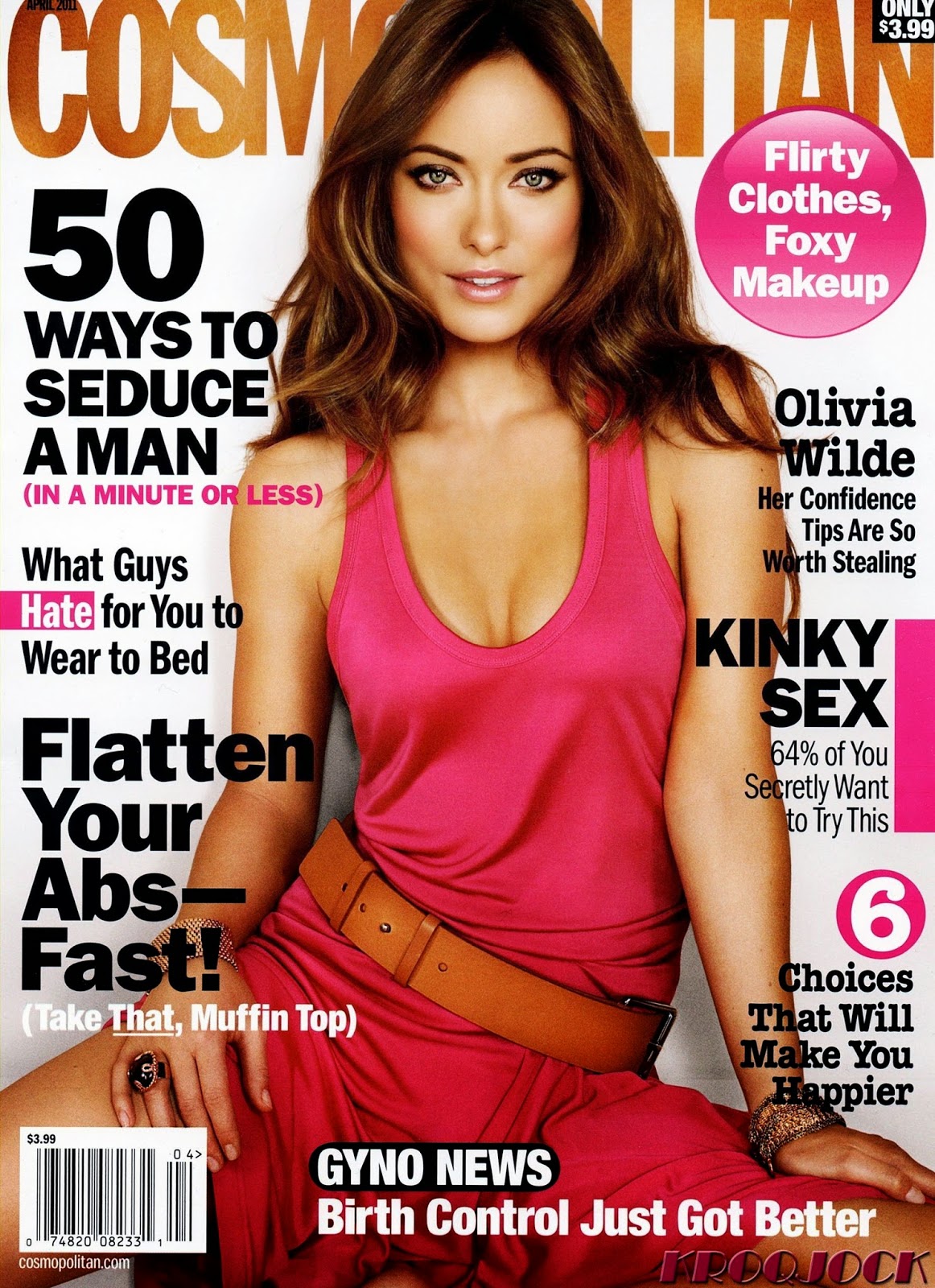Who
is the Merchant of Venice?
“I give them with this ring, which when you part from,
lose, or give away, let it presage the ruin of your love, and been my vantage
to exclaim on you” (The Merchant of
Venice 3.2. 171-174). Along with the
promise of marriage to Bassanio, Portia also promises a ring to him that
symbolizes his dedication to her.
However, as we learn later on, Portia uses the ring to her own advantage
to remain the master of her own destiny.
Such a test of Bassanio’s loyalty to Portia proved him unworthy of her
love, but was that really the purpose of the ring?
Each character at the end of The Merchant of Venice gets what they are owed by the court of
law. Shylock loses almost everything he
owns, Antonio escapes with his life, and Bassanio saves the life of his friend,
pays his debt, however, loses fair Portia by carelessly giving away the ring
entrusted to him. Therefore it would
seem that the only person in the play who is truly happy at the end of the play
is Portia herself, making her the one and only merchant of Venice and proving
herself to be a very versatile character.
Portia, therefore, can be related to a female character
in the new and modern movie, Divergent.
The main character Tris, is beautiful, charming, and smart but, when it
comes to defending herself and others, she morphs into a fierce warrior. Portia is much the same in character when it
comes to defending her honor. She
decides to take matters into her own hands by manipulating and outwitting those
in charge of her destiny as dictated by her father’s final wishes. Tris is similar because she goes against
those who dictate what is acceptable and unacceptable in her society, fights
for what is right for both herself and those she loves, and changes the rules
for everyone and levels the playing field for people like her with a diverse
set of abilities. Tris also uses a
variety of trickery and cunning to outwit authority such as giving herself up to
the top authority in exchange for the lives of those she loves, but does it all
on her own terms and demands more in return, therefore, although she’s
submitting, she’s still going by her own rules.
Portia
also has a unique set of abilities as well.
She’s not just a beautiful and fair face, but a very intelligent
individual with the courage to fight for what she wants as well as what she
believes is just. Portia hates that she
must marry Bassanio without a say in the matter, therefore, she concocts a plan
to save herself from a long and unhappy life with him. She takes on the role of a man, dresses up
like a judge, and passes judgment on Antonio and Shylock to work the
circumstances in her favor. After tricking Bassanio and receiving the ring
as a gift, Portia’s plan is unveiled and she is free once again to decide her
own fate. Much like Tris, Portia refuses
to take the injustice bestowed upon her by society and changes the rules.
















